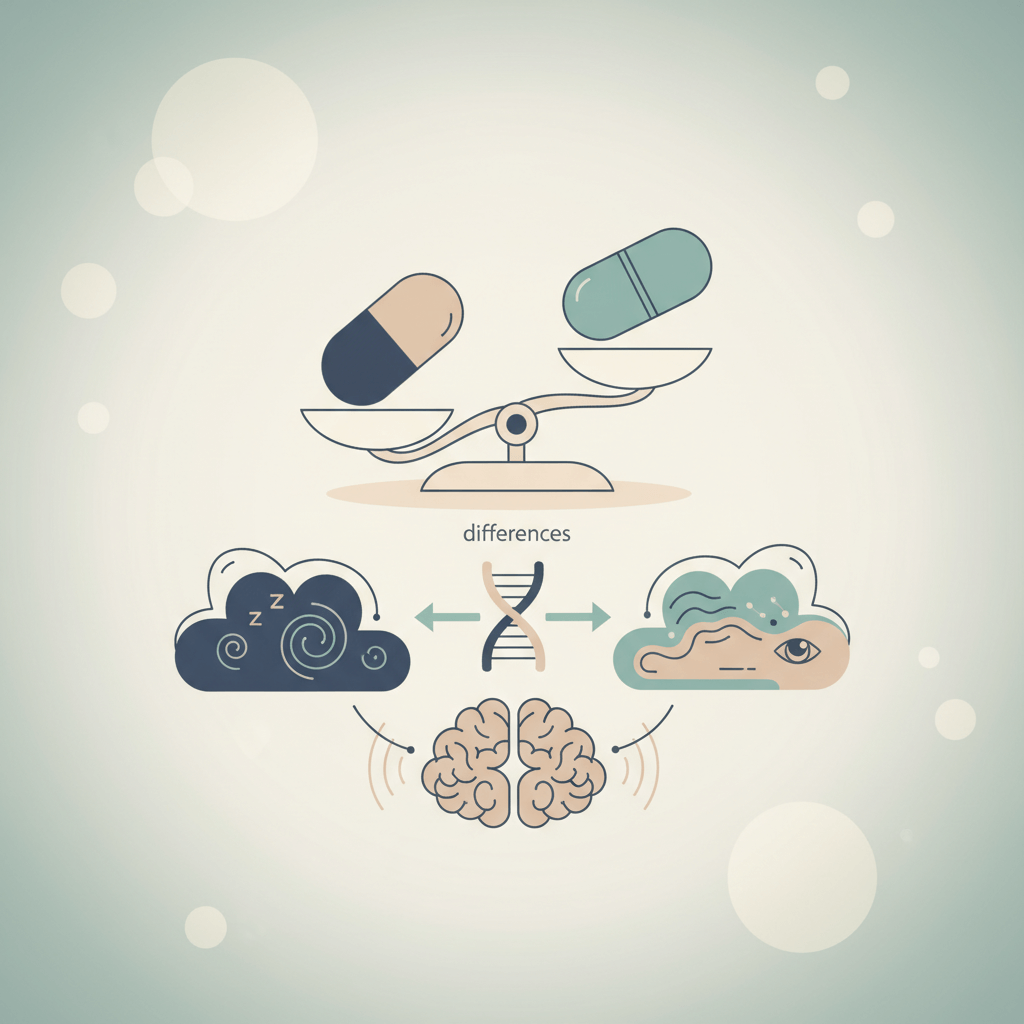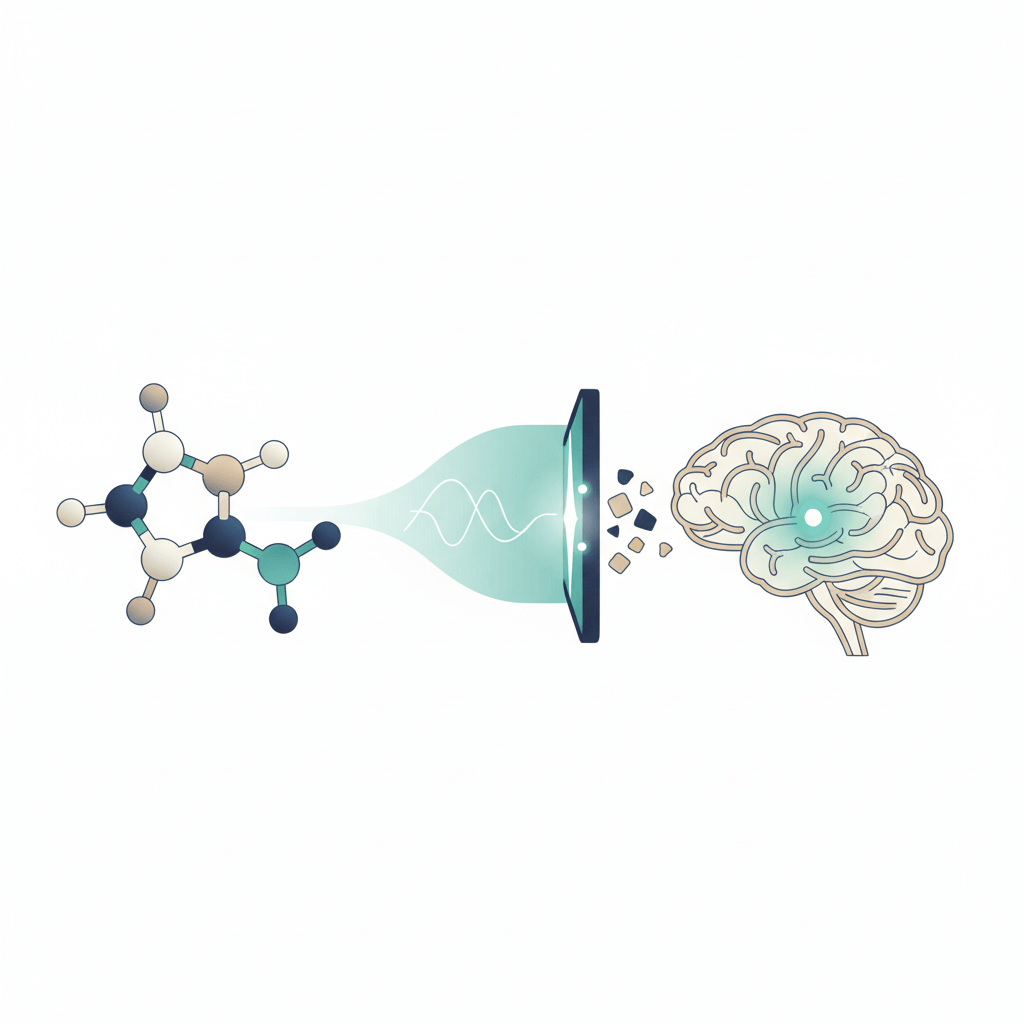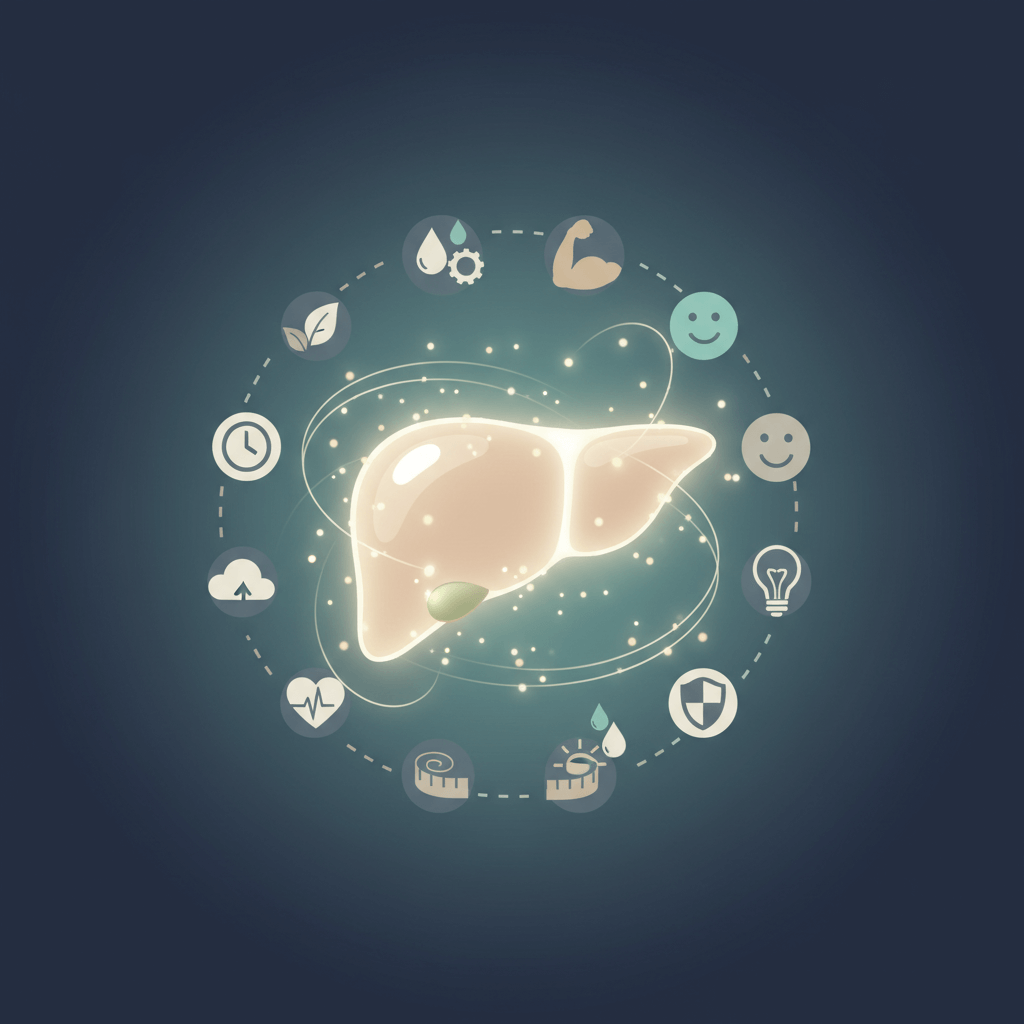Importance of Self-Care in Recovery
Self-care is an essential component of addiction recovery and plays a significant role in promoting overall well-being. It involves taking deliberate actions to preserve and improve one's physical and emotional health [1]. By practicing self-care, individuals in recovery can build a positive relationship with themselves and enhance their enjoyment of sobriety.
Definition of Self-Care
Self-care is broadly defined as the practice of taking action to establish and maintain physical and emotional health, prevent or address minor illnesses or injuries, and promote overall well-being. It encompasses various aspects, including exercise, hygiene, nutrition, medication, and environmental and socioeconomic factors [2]. In the context of addiction recovery, self-care involves nurturing both physical and mental health, connecting with others, and engaging in therapy [3].
Benefits of Self-Care
Embracing self-care in recovery yields numerous benefits for individuals seeking a healthier and fulfilling life. Some key benefits include:
- Improved Physical Health: Engaging in self-care practices such as regular exercise, proper nutrition, and restful sleep can enhance physical well-being. These practices contribute to increased energy levels, better immune function, and a reduced risk of chronic conditions.
- Enhanced Emotional Well-being: Self-care activities promote emotional resilience and stability. By prioritizing self-care, individuals can manage stress, reduce anxiety and depression symptoms, and improve overall mood and emotional well-being.
- Prevention of Relapse: Self-care plays a crucial role in relapse prevention. By taking care of their physical and mental health, individuals in recovery are better equipped to cope with triggers and cravings, manage stress, and maintain a balanced and healthy lifestyle [4]. This reduces the likelihood of turning to substances as a coping mechanism.
- Increased Self-Esteem and Self-Worth: Engaging in self-care practices fosters a sense of self-worth and self-esteem. By investing time and effort into one's well-being, individuals in recovery develop a positive self-image and a greater appreciation for themselves.
- Improved Quality of Life: Self-care allows individuals in recovery to lead more fulfilling lives. By prioritizing their needs and engaging in activities that bring joy and fulfillment, they can experience a greater sense of purpose and satisfaction.
By understanding the importance of self-care and its benefits, individuals in recovery can actively incorporate self-care practices into their daily lives. Whether it's through physical self-care strategies, mental self-care techniques, spiritual practices, or building social support networks, self-care is a vital aspect of the recovery journey.
Physical Self-Care Strategies
Taking care of the physical aspect of well-being is crucial during the recovery process. By incorporating various self-care strategies, individuals can improve their physical health and enhance their overall quality of life. In this section, we will explore three key physical self-care strategies: exercise and fitness, nutrition and diet, and rest and sleep.
Exercise and Fitness
Engaging in regular exercise and maintaining physical fitness can greatly benefit individuals in recovery. Physical activity not only helps improve overall health but also contributes to mood enhancement and stress reduction. Exercise releases endorphins, which are natural chemicals in the brain that promote a sense of well-being and happiness.
It is important to find an exercise routine that suits individual preferences and capabilities. This could include activities such as walking, jogging, swimming, cycling, or participating in group fitness classes. Regular exercise can also help in managing cravings and reducing the risk of relapse.
Type of Exercise and BenefitsAerobic ExerciseImproves cardiovascular health, boosts mood, and reduces stress levels.Strength TrainingBuilds muscle strength, increases metabolism, and enhances overall physical performance.YogaPromotes flexibility, balance, and relaxation. It also helps in cultivating mindfulness and reducing anxiety.PilatesEnhances core strength, improves posture, and increases flexibility.
Nutrition and Diet
Proper nutrition and a balanced diet play a crucial role in physical recovery. A healthy diet provides the body with essential nutrients, vitamins, and minerals needed for optimal functioning. It can also help regulate mood and energy levels, aiding in overall well-being.
Aim to include a variety of fruits, vegetables, whole grains, lean proteins, and healthy fats in your diet. Avoid processed foods, sugary snacks, and excessive caffeine or alcohol consumption. Staying hydrated is also important for maintaining physical health.
NutrientFood Sources
Protein: Lean meats, poultry, fish, beans, lentils, nuts, and seeds.
Fiber: Fruits, vegetables, whole grains, legumes, and nuts.
Vitamins and Minerals: Colorful fruits and vegetables, dairy products, whole grains, and lean proteins.
Rest and Sleep
Getting enough rest and quality sleep is vital for recovery and overall well-being. Lack of sleep can negatively impact mood, cognitive function, and physical health. It can also increase the risk of relapse.
Establishing a consistent sleep schedule and creating a relaxing bedtime routine can promote better sleep. Create a peaceful sleep environment by keeping the bedroom cool, dark, and quiet. Avoid electronic devices and stimulating activities before bed. If necessary, consider relaxation techniques such as meditation or deep breathing exercises to help in falling asleep.
Age Group and Recommended Sleep Duration
Adults (18-64 years): 7-9 hours per night
Older Adults (65+ years): 7-8 hours per night
By incorporating physical self-care strategies into one's daily routine, individuals in recovery can improve their physical well-being and reduce the risk of health problems and relapse. Remember to consult with healthcare professionals or seek guidance from support groups to tailor self-care practices to individual needs.
Mental Self-Care Techniques
In addiction recovery, mental self-care plays a vital role alongside physical self-care. Taking care of one's mental health is crucial for maintaining sobriety and overall well-being. This section will explore three essential mental self-care techniques: therapy and counseling, stress management, and addressing underlying issues.
Therapy and Counseling
Therapy and counseling are fundamental components of addiction recovery. Seeking professional help provides individuals with a supportive and non-judgmental space to address their underlying issues and develop effective coping strategies. Therapists and counselors can offer guidance, tools, and techniques that empower individuals to navigate the challenges of recovery.
Different therapeutic approaches, such as cognitive-behavioral therapy (CBT) or dialectical behavior therapy (DBT), may be utilized based on individual needs and preferences. These therapies help individuals identify and modify negative thought patterns, develop healthy coping mechanisms, and work through unresolved trauma or emotional struggles.
Incorporating therapy and counseling into one's recovery journey can significantly contribute to long-term success. It provides a safe and confidential environment to explore emotions, gain self-awareness, and develop healthier behaviors and thought patterns. To learn more about the importance of therapy in recovery, visit our article on addiction and trauma recovery.
Stress Management
Stress management is a crucial aspect of mental self-care in addiction recovery. Stress can be a trigger for relapse, making it essential to develop healthy strategies to manage and reduce stress levels. Engaging in stress-reducing activities can help individuals maintain their emotional well-being and prevent the risk of relapse.
Various techniques can aid in stress management, such as mindfulness meditation, deep breathing exercises, and relaxation techniques. These practices promote self-awareness, help individuals stay grounded in the present moment, and alleviate feelings of anxiety and overwhelm. Incorporating yoga or physical exercise into a daily routine can also be beneficial for managing stress levels.
By incorporating stress management techniques into one's self-care routine, individuals in recovery can better navigate the challenges they may encounter, reducing the risk of relapse. For more information on stress management strategies, visit our article on self-care for preventing relapse.
Addressing Underlying Issues
Addressing underlying issues is a critical component of mental self-care in addiction recovery. Substance use disorders are often intertwined with unresolved emotional struggles, trauma, or co-occurring mental health conditions. By addressing these underlying issues, individuals can gain a deeper understanding of themselves and their triggers, laying a strong foundation for lasting recovery.
Therapy, support groups, and other therapeutic modalities can provide individuals with the tools and support needed to address and work through underlying issues. This process involves exploring past experiences, developing healthy coping mechanisms, and building resilience. By actively engaging in this self-exploration, individuals can heal emotional wounds and develop healthier ways of managing their thoughts and emotions.
Addressing underlying issues is a highly individualized process, and it may take time and patience. However, by investing in this aspect of mental self-care, individuals can experience profound personal growth and develop a strong sense of self. For more information on building resilience in recovery, visit our article on addiction recovery milestones.
Incorporating therapy and counseling, practicing stress management techniques, and addressing underlying issues are essential components of mental self-care in addiction recovery. By prioritizing mental well-being and investing in these techniques, individuals can enhance their recovery journey, reduce the risk of relapse, and experience long-lasting positive change.
Spiritual Self-Care Practices
In addiction recovery, nurturing the spiritual aspect of oneself is considered a crucial component of overall well-being. Engaging in spiritual self-care practices can provide individuals with a sense of peace, purpose, and connection. Here are three key practices that can support spiritual well-being in recovery: yoga and meditation, mindfulness and relaxation, and acupuncture and holistic therapies.
Yoga and Meditation
Yoga and meditation are powerful tools that promote self-reflection, mindfulness, and relaxation. Through gentle movements, breathwork, and meditation techniques, individuals in recovery can cultivate a deeper connection with their inner selves and the world around them. Yoga and meditation help individuals manage stress, develop a sense of presence, and enhance their overall well-being.
By incorporating yoga and meditation into their routine, individuals can experience various benefits, such as improved mental clarity, reduced anxiety, and increased self-awareness. These practices also encourage individuals to be present in the moment and let go of negative thoughts and emotions, promoting a healthier mindset.
Mindfulness and Relaxation
Mindfulness and relaxation techniques play a pivotal role in addiction recovery. Being mindful involves bringing one's attention to the present moment without judgment, allowing individuals to observe their thoughts and emotions without getting carried away by them. Mindfulness practices, such as deep breathing exercises and body scans, can help individuals manage cravings, reduce stress, and enhance self-awareness.
Relaxation techniques, such as progressive muscle relaxation and guided imagery, can also foster a sense of calm and promote overall well-being. These practices enable individuals to release tension, reduce anxiety, and cultivate a state of relaxation, both mentally and physically. By integrating mindfulness and relaxation techniques into their daily routine, individuals in recovery can enhance their self-care practices and maintain a sense of balance.
Acupuncture and Holistic Therapies
Acupuncture and other holistic therapies offer additional avenues for spiritual self-care in recovery. Acupuncture involves the insertion of thin needles into specific points on the body, aiming to restore balance and promote healing. This ancient practice is believed to stimulate the flow of energy and support overall well-being.
Other holistic therapies, such as aromatherapy, reiki, and massage, can also contribute to spiritual self-care. These therapies focus on nurturing the mind, body, and spirit, fostering relaxation, reducing stress, and promoting a sense of inner harmony.
By incorporating acupuncture and holistic therapies into their self-care routine, individuals in recovery can explore different techniques to support their spiritual well-being and enhance their overall recovery journey.
Remember, self-care is an essential part of addiction recovery, encompassing physical, mental, and spiritual aspects. By prioritizing self-care practices like yoga and meditation, mindfulness and relaxation, and acupuncture and holistic therapies, individuals can nurture their spiritual well-being, strengthen their resilience, and support their long-term recovery goals. For more information on addiction recovery and self-care, refer to our articles on spirituality in addiction recovery and self-care for preventing relapse.
Self-Care for Preventing Relapse
Preventing relapse is a crucial aspect of addiction recovery, and self-care plays a vital role in this process. By prioritizing self-care, individuals in recovery can better manage stress, build resilience, and reduce the risk of relapse. In this section, we will explore three essential aspects of self-care for preventing relapse: recognizing triggers, coping mechanisms, and building resilience.
Recognizing Triggers
Recognizing and understanding triggers is a fundamental step in preventing relapse. Triggers are situations, emotions, or people that can lead to cravings and a potential return to substance use. By identifying and acknowledging these triggers, individuals in recovery can develop effective strategies to avoid or cope with them.
Triggers can vary from person to person, but common examples include:
- Environmental cues, such as visiting places associated with substance use.
- Negative emotions, including stress, anxiety, or depression.
- Social situations involving friends or acquaintances who still engage in substance use.
- Celebratory occasions or social gatherings where substances are present.
By becoming aware of these triggers, individuals can develop proactive plans to navigate challenging situations. This may involve avoiding certain places or events, seeking support from peer groups or loved ones, or engaging in alternative activities that promote sobriety and well-being.
Coping Mechanisms
Having effective coping mechanisms is crucial for maintaining sobriety and preventing relapse. Coping mechanisms are healthy strategies that individuals can use to manage stress, cravings, and difficult emotions without resorting to substance use. These techniques can vary and should be personalized to suit each individual's needs and preferences.
Some common coping mechanisms include:
- Engaging in physical activities, such as exercise or sports, to release tension and boost mood.
- Practicing relaxation techniques, such as deep breathing exercises, meditation, or mindfulness practices, to manage stress and promote emotional well-being.
- Seeking therapy or counseling to address underlying issues and develop healthy coping strategies.
- Expressing emotions through creative outlets, such as art, writing, or music.
- Building a support network of individuals who understand and support the recovery journey.
It's important for individuals in recovery to explore and experiment with different coping mechanisms to find what works best for them. By incorporating these strategies into their daily lives, they can effectively manage triggers and reduce the risk of relapse.
Building Resilience
Building resilience is an essential aspect of self-care in preventing relapse. Resilience refers to the ability to bounce back from challenges, setbacks, and triggers without turning to substances. It involves developing a strong support system, practicing self-compassion, and cultivating a positive mindset.
Ways to build resilience in recovery include:
- Seeking professional help, such as therapy or counseling, to develop coping skills and improve emotional well-being.
- Engaging in activities that promote self-care and self-reflection, such as journaling or practicing gratitude.
- Setting realistic goals and celebrating achievements, no matter how small.
- Surrounding oneself with a supportive and understanding community, whether through support groups or healthy relationships.
- Learning from past experiences and using them as stepping stones for growth and personal development.
By building resilience, individuals in recovery can better navigate the ups and downs of life, manage stress, and stay committed to their sobriety journey.
In conclusion, self-care is a crucial component of preventing relapse in addiction recovery. By recognizing triggers, developing effective coping mechanisms, and building resilience, individuals can strengthen their commitment to sobriety and maintain a healthy and fulfilling life. It's important for each person to personalize their self-care practices based on their unique needs and preferences. Remember, self-care is an ongoing process that requires dedication and commitment, but the rewards of a successful recovery journey make it all worthwhile.
Social Support in Self-Care
In the journey of addiction recovery, social support plays a crucial role in promoting self-care and maintaining long-term sobriety. Building and nurturing healthy relationships, participating in support groups, and fostering open communication and connection are essential aspects of self-care in recovery.
Healthy Relationships
Healthy relationships are a cornerstone of self-care in addiction recovery. Surrounding oneself with supportive and understanding individuals can provide the emotional strength and encouragement needed during challenging times. Building healthy relationships involves:
- Seeking out individuals who are supportive of the recovery journey.
- Setting boundaries to protect one's well-being.
- Engaging in open and honest communication.
- Fostering trust and mutual respect.
By cultivating healthy relationships, individuals in recovery can find comfort, understanding, and encouragement on their path to self-care and sobriety.
Support Groups
Support groups provide a valuable source of social support for individuals in recovery. Groups like Alcoholics Anonymous (AA), SMART Recovery, and other addiction recovery support groups offer a safe and non-judgmental environment where individuals can share their experiences, learn from others, and receive support from peers who understand the challenges of addiction.
Participating in support groups allows individuals to:
- Gain insights and perspectives from others who have faced similar struggles.
- Share their own experiences and provide support to others.
- Establish connections and build a network of individuals who can offer ongoing support.
Support groups can be an invaluable resource for maintaining sobriety and practicing self-care in recovery.
Communication and Connection
Open and honest communication is vital in self-care and recovery. It involves expressing thoughts, emotions, and needs to trusted individuals, such as therapists, sponsors, or supportive friends and family members. By sharing one's challenges, triumphs, and goals, individuals can receive guidance, encouragement, and accountability.
Building connections with others who are also on the path of recovery can provide a sense of community and reduce feelings of isolation. Engaging in activities that foster connection, such as attending recovery-focused events or volunteering, can help individuals in recovery build supportive relationships and find a sense of purpose.
By actively engaging in healthy communication and fostering connections, individuals in recovery can enhance their self-care practices and strengthen their support network.
Social support is a vital component of self-care in addiction recovery. By cultivating healthy relationships, participating in support groups, and fostering open communication and connection, individuals can build a strong foundation for their recovery journey. This network of support can provide the encouragement, understanding, and guidance needed to navigate the challenges of recovery and maintain a lifestyle of self-care and sobriety.













